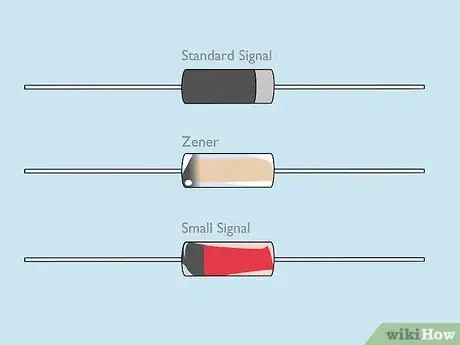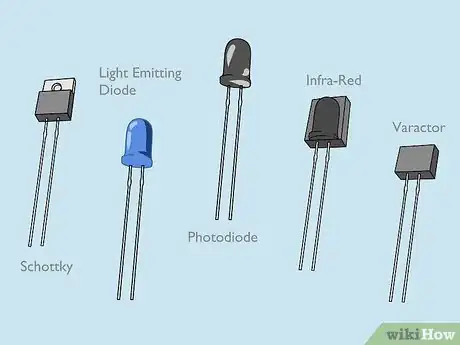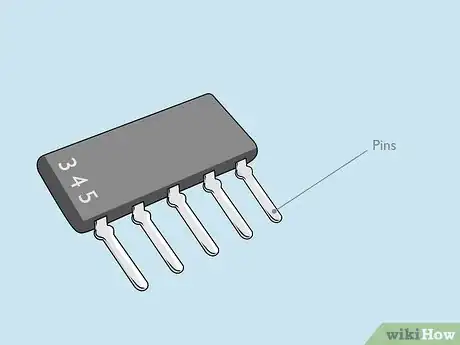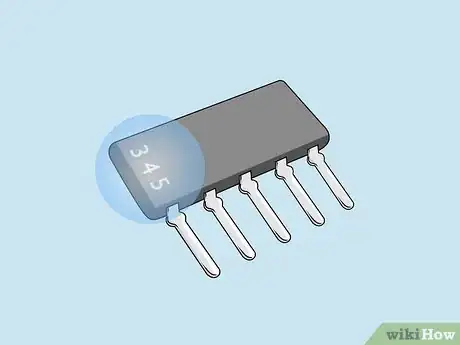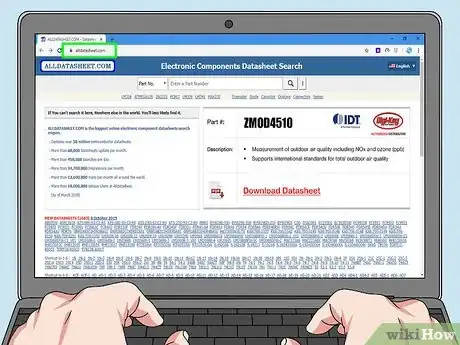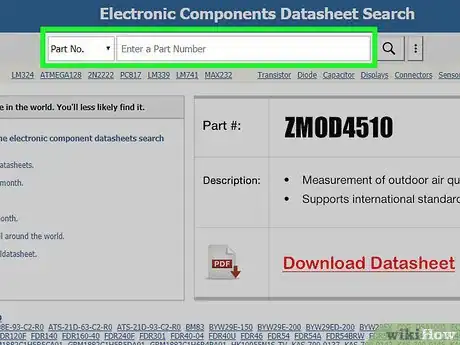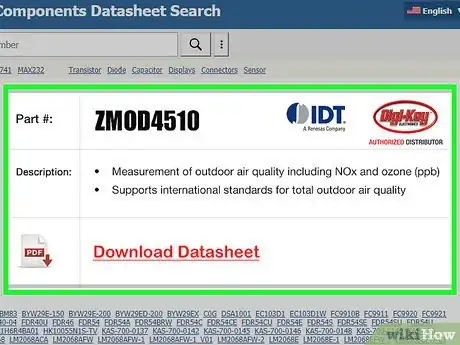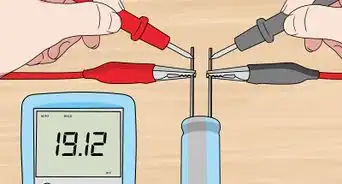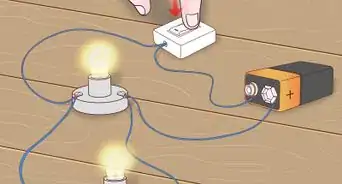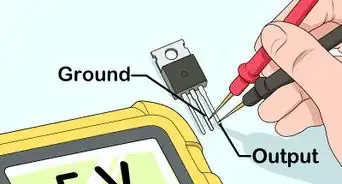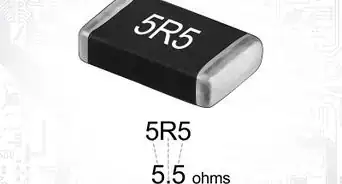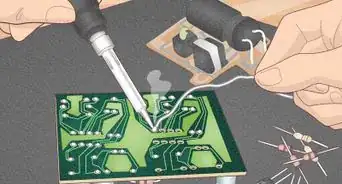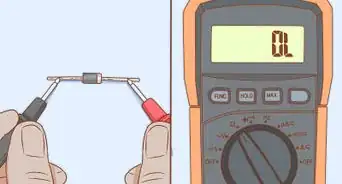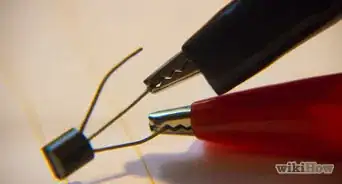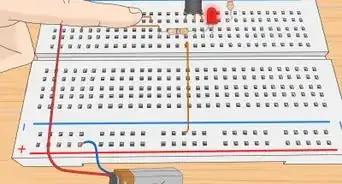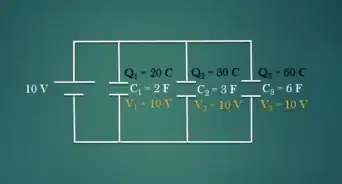X
wikiHow is a “wiki,” similar to Wikipedia, which means that many of our articles are co-written by multiple authors. To create this article, 13 people, some anonymous, worked to edit and improve it over time.
This article has been viewed 43,777 times.
Learn more...
A diode is a simple electronic component which blocks current in one direction and allows it in the other. They can be manufactured to work forward or reverse, and with positive or negative voltage. Uses for a diode include, current protection, AC/DC conversion, and capture/emitting light. With so many varieties it can be difficult to determine what type a diode is.
Steps
Method 1
Method 1 of 2:
By Shape
-
1Look for legs on the side:
- 1. Standard Signal - This is the regular forward-biased diode.
- 2. Zener - Operated in reverse-biased to hold a constant voltage
- 3. Small Signal - Used for applications with a much smaller current but with much more accuracy
-
2Look for both legs under:
- 1. Light Emitting Diode - Emits a colored light based on the materials used internally
- 2. Photodiode - Captures photons to generate current
- 3. Infra-Red - Emits light at the infra-red spectrum
- 4. Varactor - A reverse-biased diode used as a capacitor
- 5. Schottky - Used for precision and when voltage needs to be conserved
Advertisement -
3Look for pins. These will be chips in the form of a SMD (surface mounted device). To identify these you will need to look at the number.
Advertisement
Method 2
Method 2 of 2:
By Number
-
1Rotate or read the number off the surface of the diode.
-
2Go to alldatasheet.
-
3Type the number in the search bar.
-
4Determine the type from the results and even get the datasheet while doing it.
Advertisement
Things You'll Need
- Diode
- Good light source (for seeing the numbers)
- Device with internet connection
About This Article
Advertisement
